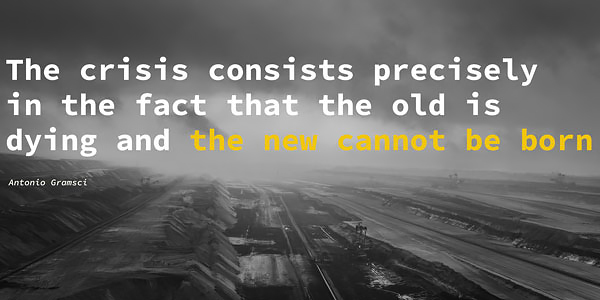There’s lots of talk recently about the wealth of Jeff Bezos. There are maps comparing his wealth to entire countries, a “You are Jeff Bezos” game where you can spend his money on different things - like paying their fair-share of taxes, and a graphic that puts his wealth in perspective. A recurring point is that most people simply cannot fathom the amount of money he has. The number is $150 billion. My favorite attempt to bring the number into human terms is Quartz’s article, “The average US worker would need 10 times the length of all human history to earn as much as Jeff Bezos”. This beautifully captures the point that someone does not simply earn or work for such an amount of money, but rather captures it. We, at degrowth.info, thought a similar calculation would be interesting. We wanted to know how many humble (but hopefully useful) projects like ours Jeff Bezos’ wealth could pay for. In case you haven’t heard already, degrowth.info is improving its site to better support the degrowth community and improve the usability of the platform – this will cost 7,500€.

While the limits and failures of our current economic and political system are known and repetitively pointed out by degrowth research, we have a deficit in the area of strategic planning for transformative politics. What is missing are entry points for politicizing and changing social values, norms and institutions. To do this successfully, it is useful to detect how hegemonic values are embed...
There is a wide range of emancipatory alternatives working towards a social-ecological transformation. It is more important than ever to underline this. From Brexit, to the AfD (Alternative für Deutschland) in Germany, to Trump —the current political turmoil is a clear sign of the discontent that exists with the prevailing system, and that expresses itself through a societal shift towards t...

By Lasse Thiele Is degrowth only conceivable in the context of “oversaturated” industrial societies while the global “South” remains dependent on growth? In two installments, this article questions such assumptions. In this first part it introduces positions critical of development which refuse to adopt the Western model of prosperity; the second part will focus on the analysis of these positi...